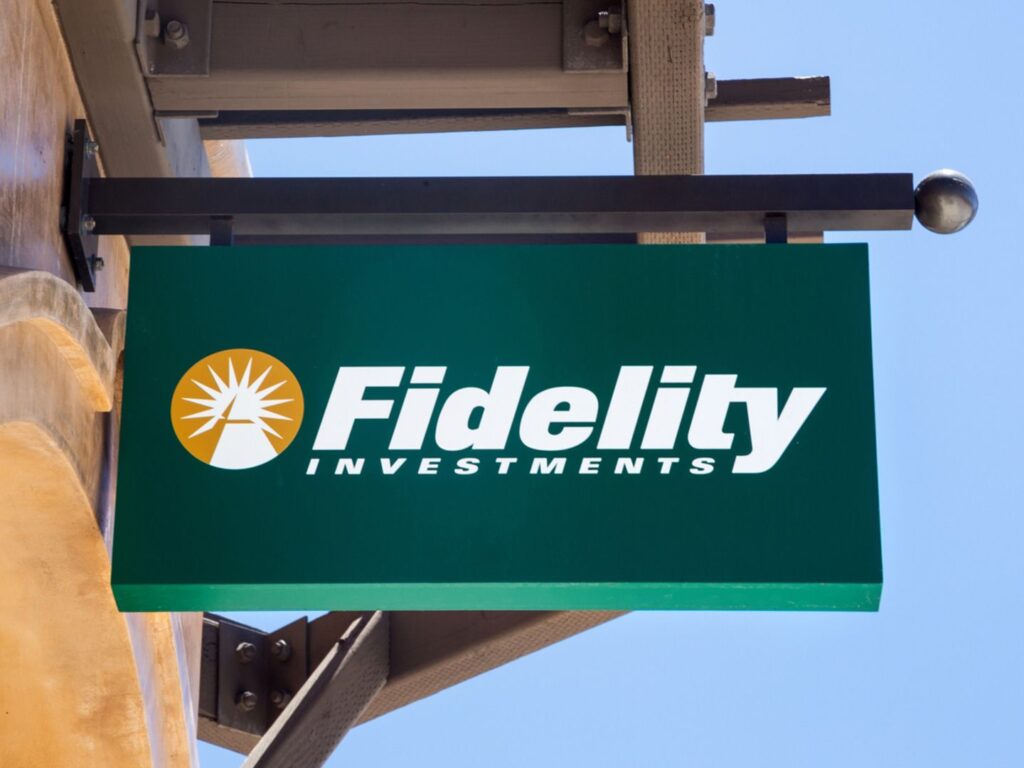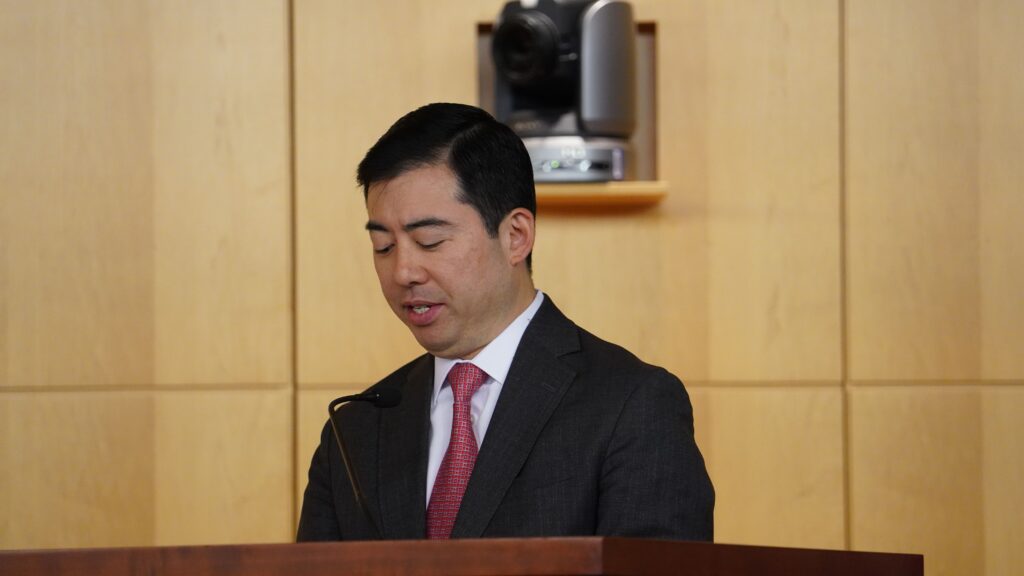Fidelity Investments, a prominent asset management firm based in the United States, is making waves in the financial landscape by filing for a blockchain-based, tokenized version of its U.S. dollar money market fund. This bold move positions Fidelity among the growing number of financial institutions exploring the potential of asset tokenization.
Filing with the SEC: The OnChain Fidelity Treasury Digital Fund
In a recent filing submitted to the U.S. Securities and Exchange Commission (SEC), Fidelity announced its intention to register an “OnChain” share class of the Fidelity Treasury Digital Fund (FYHXX). Launched late last year, this fund primarily holds cash and U.S. Treasury securities, and the new tokenized share class aims to utilize blockchain technology as a transfer agent. This innovative approach underscores Fidelity’s commitment to modernizing its investment offerings.
Leveraging Blockchain Technology
Currently, the OnChain class of the Fidelity Treasury Digital Fund operates on the Ethereum (ETH) network, with plans for potential expansion to other blockchain platforms in the future. The registration process is pending regulatory approval, and if successful, the product is expected to become effective on May 30. This initiative reflects a broader trend among financial institutions, as they increasingly explore the benefits of tokenizing traditional financial instruments.
The Rise of Tokenized Assets
Tokenization of real-world assets (RWAs), including government bonds, credit, and various funds, is gaining traction among global banks and asset managers. This shift aims to enhance operational efficiency, streamline processes, and enable faster, around-the-clock settlements. The appeal of blockchain technology lies in its ability to facilitate secure and instantaneous transactions, making it an attractive option for traditional finance.
Fidelity Joins a Competitive Market
As one of the largest asset managers in the world, with $5.8 trillion in assets under management, Fidelity’s entry into the tokenized U.S. Treasuries market is significant. It follows in the footsteps of other financial giants, such as BlackRock, which, in partnership with digital asset firm Securitize, launched a tokenized T-bill fund named BUIDL in March. This fund has quickly become a market leader, amassing nearly $1.5 billion in assets, according to rwa.xyz data.
Additionally, Franklin Templeton made history with its on-chain money market fund, which has attracted $689 million in assets since its debut in 2021. The total market for tokenized U.S. Treasuries is currently valued at $4.77 billion, demonstrating remarkable growth of nearly 500% over the past year.
Fidelity’s Broader Investment Strategy
Beyond its foray into tokenization, Fidelity is also recognized as one of the largest issuers of spot bitcoin and ether exchange-traded funds (ETFs) in the U.S. With its FBTC ETF boasting $16.5 billion in assets and the FETH ETF at $780 million, Fidelity continues to expand its influence in the cryptocurrency space.
In summary, Fidelity’s application to register its OnChain U.S. Treasury Fund highlights the firm’s strategic initiative to embrace blockchain technology and asset tokenization. As this market continues to evolve, Fidelity’s participation will be closely watched by industry stakeholders and investors alike.



